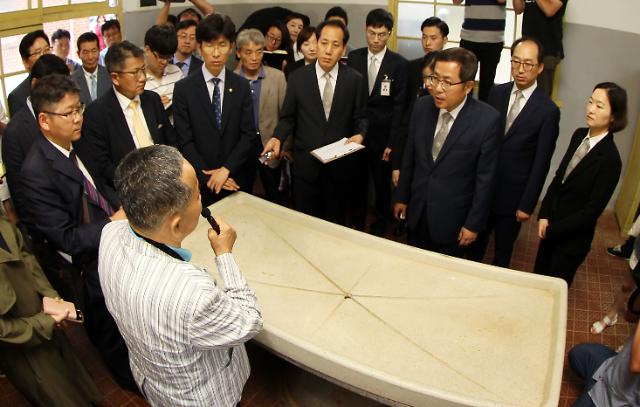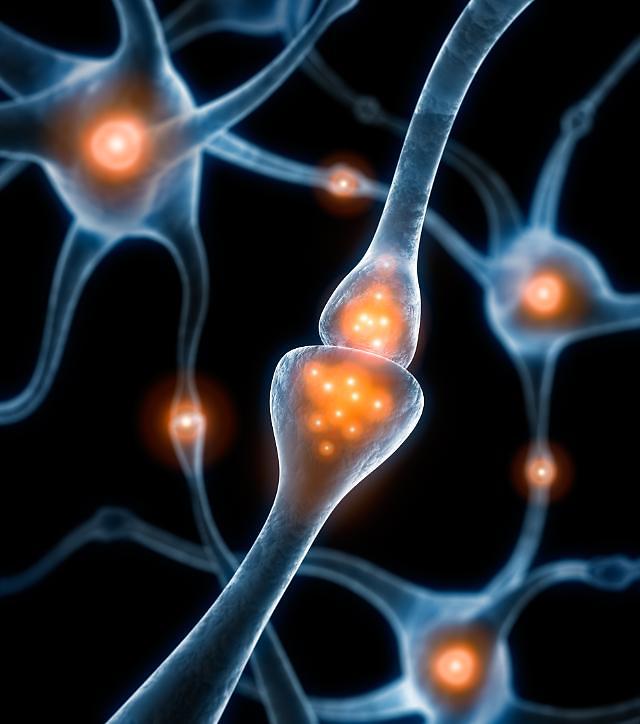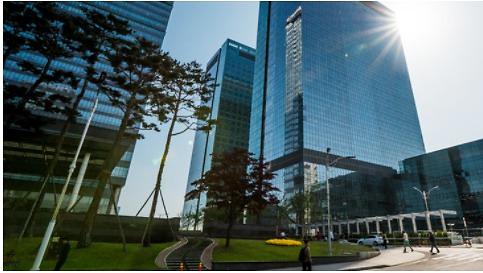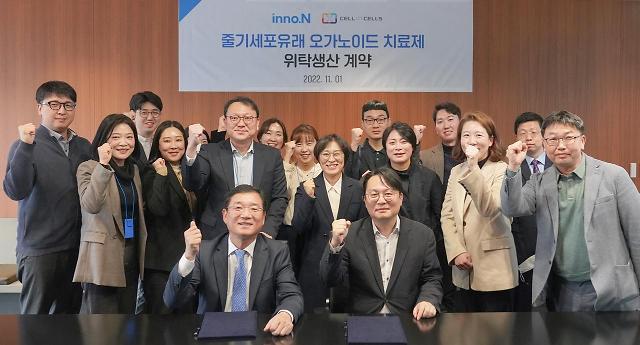
A file picture showing an onsite court inspection of the site for forced abortions in Sorokdo.[Yonhap News Photo]
An appeals court held South Korea's government responsible Friday for forcing Hansen's disease patients to undergo unwanted abortions and vasectomies at their isolated shelter on a remote island.
The ruling followed an unprecedented on-site hearing in June in a state-sponsored shelter for leprosy patients on Sorokdo Island off South Korea's southern coast.
Despite criticism of human rights violations, the government had allowed a state hospital in Sorokdo to conduct surgeries for sterilization and abortion for many years from the 1950s.
Surgeries in Sorokdo became a hot social issue in 2011 when old leprosy patients brought their previous sufferings to court. Since then 500 patients have filed a series of suits to receive government compensation.
So far, judges have favored the victims, though the government has appealed insisting surgeries were carried out on consent. Five suits are pending, including Friday's case involving 139 patients.
The High Court ruled Friday that each patient should get 20 million won (18,132 US dollars) in state compensation, refuting the government's claims.
"The government is responsible for illegal activities. Along with the government, our society and people are all responsible," the court said. "Through today's decision, we hope the suffering and pain of Hansen's disease patients will be healed and that they will be reborn as a sound member of our society."
The Sorokdo shelter dates back to 1916 when a concentration camp for leprosy patients was erected under Japan's 1910-45 colonial rule over the Korean peninsula. In 1935, sterilization and abortion operations became a precondition by law for marriage and cohabitation between male and female patients.
From 1945, South Korea inherited the facility and medical practices from colonial rulers, allowing abortions and sterilization against thee will of patients on the belief that Hansen's disease could be contagious and passed on to their babies.
Under a revised act, Sorokdo has been transformed into a community center with a modern hospital, farm land and welfare facilities with the patients granted 150,000 won every month in living and medical expenses regardless of their income.
More recently, there have been no reports of brutality.
At an on-site hearing in June, a government attorney said surgeries had to be done at that time because many patients were not economically sustainable to support their children who were either born in secrecy or before their parents came to the island.
The children had been kept in orphanages allegedly to prevent them from being infected with the disease and allowed to see their parents only once a month.
Aju News Lim Chang-won = cwlim34@ajunews.com




